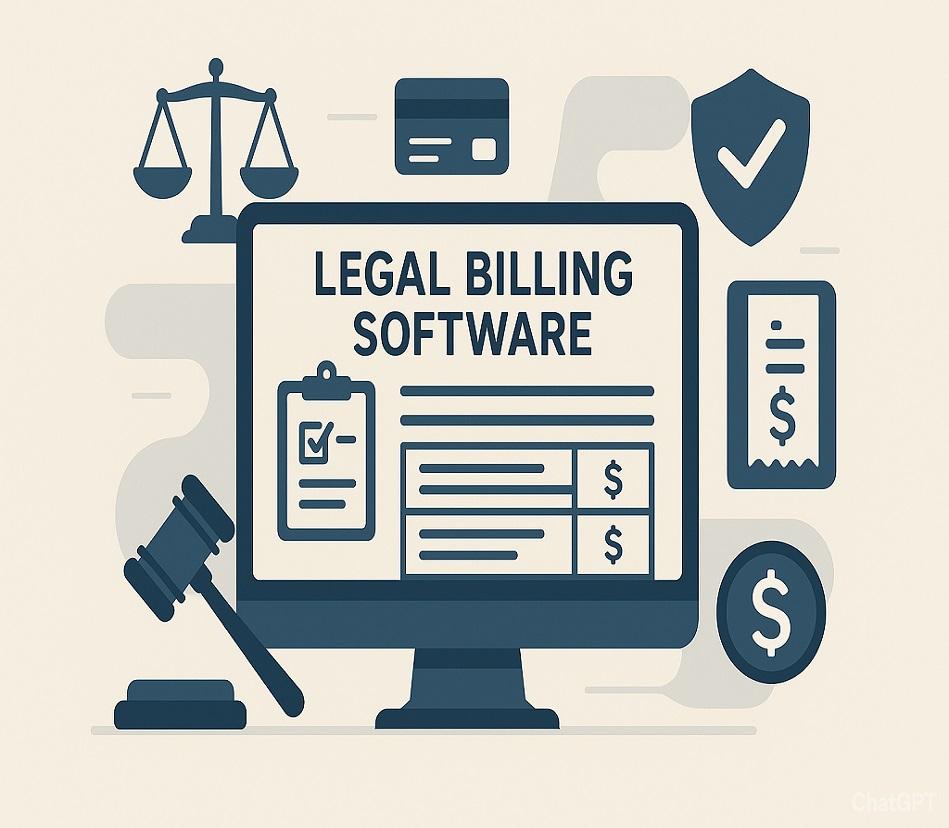In today’s fast-paced legal landscape, law firms are under increasing pressure to manage their time and finances more efficiently. Manual billing processes—once the norm—are now proving to be slow, error-prone, and costly. To stay competitive and profitable, firms of all sizes are turning to legal billing software, an automated solution that streamlines the entire billing cycle and ensures accuracy. Here’s why every law firm needs automated legal billing and how it can transform daily operations.
1. Time-Saving Efficiency
Billing is one of the most time-consuming tasks in a law firm. Preparing invoices manually requires hours of reviewing timesheets, organizing expenses, and double-checking entries. Automated legal billing software simplifies this process by tracking billable hours and expenses in real time. Lawyers and administrative staff can generate invoices with a few clicks, allowing them to focus on serving clients instead of managing paperwork.
2. Error Reduction and Accuracy
Human errors in billing—such as incorrect rates, missed hours, or duplicate entries—can lead to disputes, delayed payments, and even client dissatisfaction. Automated systems minimize these risks by accurately recording every billable activity and applying pre-set rates. This ensures that invoices are precise, professional, and compliant with client agreements or industry standards.
3. Improved Cash Flow
Late or inconsistent billing can disrupt a firm’s cash flow, making it difficult to manage expenses or plan growth. Legal billing software enables faster invoicing and provides clients with easy payment options. Automated reminders for overdue invoices help reduce delays, ensuring that law firms receive payments on time and maintain a healthy financial position.
4. Enhanced Client Transparency
Today’s clients demand transparency in legal fees and billing practices. Automated billing systems generate detailed invoices that clearly outline tasks, time spent, and associated costs. This level of transparency builds trust, reduces disputes, and strengthens client relationships—critical factors for long-term success.
5. Seamless Integration and Reporting
Modern legal billing software integrates with practice management tools, accounting platforms, and document systems. This creates a unified workflow that keeps all financial data organized and accessible. Additionally, built-in reporting tools offer valuable insights into billable hours, profitability, and attorney productivity, helping firms make data-driven decisions for growth.
6. Scalability for Growing Firms
As a law firm grows, so does the complexity of its billing needs. Automated legal billing is scalable, meaning it can handle increasing caseloads, more clients, and expanding teams without additional strain. Whether you’re a solo practitioner or part of a large firm, the software adapts to evolving requirements.
Final Thoughts
In a competitive legal industry, efficiency and accuracy are essential. Relying on manual billing is no longer sustainable. Automated legal billing software provides the speed, precision, and transparency that modern law firms need to thrive. By investing in this technology, firms can reduce administrative burdens, improve client satisfaction, and ultimately increase profitability—making automated legal billing an indispensable tool for every law practice.



